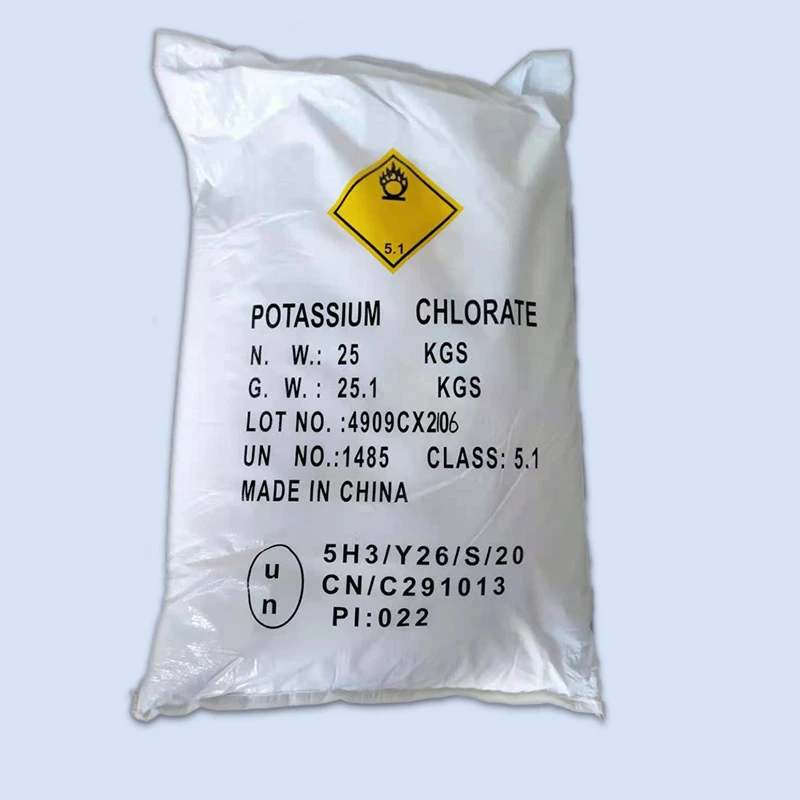



types of agrochemicals
Types of Agrochemicals
Types of Agrochemicals
Fertilizers are essential for providing essential nutrients to plants. These nutrients, primarily nitrogen, phosphorus, and potassium (NPK), are crucial for various biological processes in plants. Nitrogen promotes leafy growth, phosphorus supports root development and flowering, while potassium enhances overall plant health and resistance to disease. Fertilizers can be further divided into organic and inorganic forms. Organic fertilizers, such as manure and compost, are derived from natural sources and improve soil health over time. In contrast, inorganic fertilizers, synthesized from chemical processes, provide nutrients more rapidly but may lead to soil degradation if used excessively.
types of agrochemicals

Pesticides are another significant category of agrochemicals, designed to protect crops from pests, weeds, and diseases. This group includes herbicides, insecticides, fungicides, and rodenticides. Herbicides specifically target and eliminate unwanted plants, ensuring that crops have access to necessary resources without competition. Insecticides control harmful insects that can damage crops, while fungicides combat fungal infections. The responsible use of pesticides can prevent crop loss and increase yield; however, over-reliance can lead to pest resistance and environmental concerns, prompting the development of integrated pest management strategies that balance pest control with ecological health.
Soil Conditioners are materials added to soil to improve its physical properties, enhancing water retention, aeration, and nutrient availability. Organic matter, such as compost or peat, can enrich soil with nutrients, while materials like gypsum can improve soil structure and drainage. The use of soil conditioners is essential for maintaining healthy soil, which is the foundation of sustainable agriculture. By improving soil health, farmers can increase crop resilience to environmental stressors, such as drought or heavy rainfall.
In conclusion, agrochemicals encompass a range of substances that significantly impact agricultural productivity. While fertilizers nourish plants, pesticides protect them from threats, and soil conditioners enhance soil quality. Understanding the roles and responsible usage of these chemicals is crucial for sustainable agriculture. It is imperative for farmers, policymakers, and consumers to collaborate in promoting practices that maximize the benefits of agrochemicals while minimizing their environmental impacts, ensuring a balanced approach to food production that supports both human needs and ecological sustainability.
-
Why Sodium Persulfate Is Everywhere NowNewsJul.07,2025
-
Why Polyacrylamide Is in High DemandNewsJul.07,2025
-
Understanding Paint Chemicals and Their ApplicationsNewsJul.07,2025
-
Smart Use Of Mining ChemicalsNewsJul.07,2025
-
Practical Uses of Potassium MonopersulfateNewsJul.07,2025
-
Agrochemicals In Real FarmingNewsJul.07,2025
-
Sodium Chlorite Hot UsesNewsJul.01,2025










